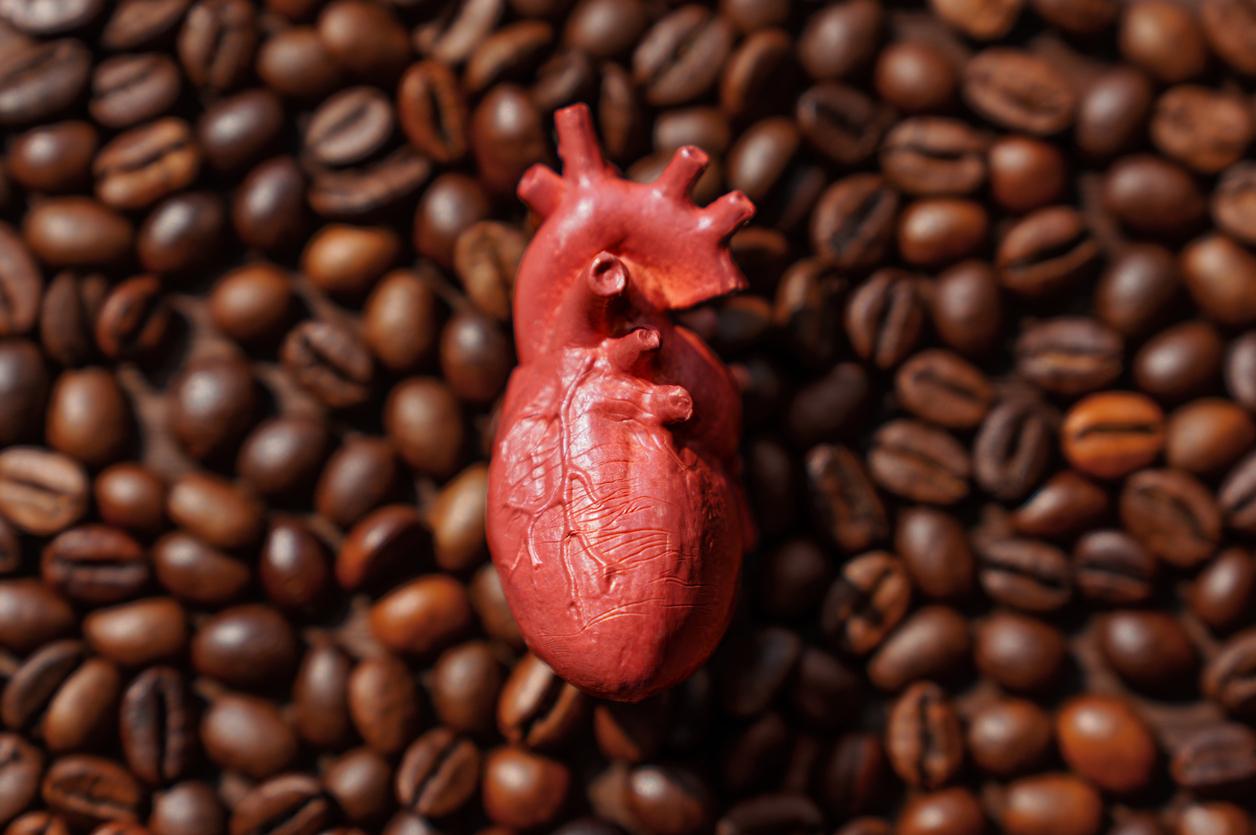Fathers’ cardiovascular health tends to be worse than that of childless men.

- Cardiovascular health in people over 35 is poorer in fathers than in men without children.
- Fathers were more exposed to nicotine.
- However, fathers had a lower all-cause mortality rate.
Heart disease is the leading cause of death among men. In a recent study, researchers from Northwestern University (USA) decided to evaluate the associations between fatherhood and cardiovascular health, death from heart disease, and all-cause mortality, examining differences by ethnicity.
To do this, they recruited 2,814 men aged 45 to 84 who had participated in the Multi-Ethnic Study of Atherosclerosis (MESA) and had no known cardiovascular disease at baseline. According to the data, 82% were fathers, 24% identified as black, 13% as Chinese, 22% as Hispanic and 41% as white. The participants’ heart health was assessed based on their diet, physical activity, smoking habits, weight, blood pressure, and blood lipid and glucose levels.
Fathers have poorer heart health, higher exposure to nicotine
The results, published in the journal AJPM Focusshowed that the overall cardiovascular health of fathers was worse than that of men who did not have children. Specifically, fathers who were under 20 and 20 to 24 years old when their oldest child was born had poorer cardiovascular health than fathers over 35 years old.
At this age, they are likely less financially stable, their brains are less mature, and they hold lower-paying jobs with fewer benefits and limited vacation policies, the team says. “Additionally, the added responsibility of childcare and the stress of the transition to fatherhood can make it difficult for men to maintain a healthy lifestyle, such as eating a healthy diet and exercising,” said John James. Parkerlead author of the work.
The research also found a higher rate of smoking among fathers, which the scientists said was surprising because other work has shown that many fathers quit smoking when they have children. “This study looked at older fathers, so it’s possible that men stop smoking when they become fathers, but later they may become more stressed and resume the habit.”
Fatherhood: Lower mortality rates among men with children
Although fathers have poorer heart health in older age, the authors found that they have lower mortality rates than childless men. “This could be because fathers may have a stronger social support system, and social connections are associated with lower mortality. (…) Fathers may also be more likely to have someone as a future guardian (i.e., their children) to help them attend medical appointments and manage medications and treatments as they age. We also found that fathers had lower rates of depressive symptoms than non-fathers. Mental health could therefore contribute to the lower mortality rates among fathers,” explained John James. Parker.
Another finding: The age-adjusted mortality rate for all black fathers was lower than that of black men without children. “Perhaps becoming a father helps promote a healthy lifestyle for black men. Further studying this association could have important public health implications.” In the conclusions, the researchers state that a father’s health has a major influence on his family. Thus, it is appropriate to focus on their health as much as on that of the mothers. “To improve the health of families, we must consider the multidirectional relationship between mothers, fathers, other caregivers and children!”

















